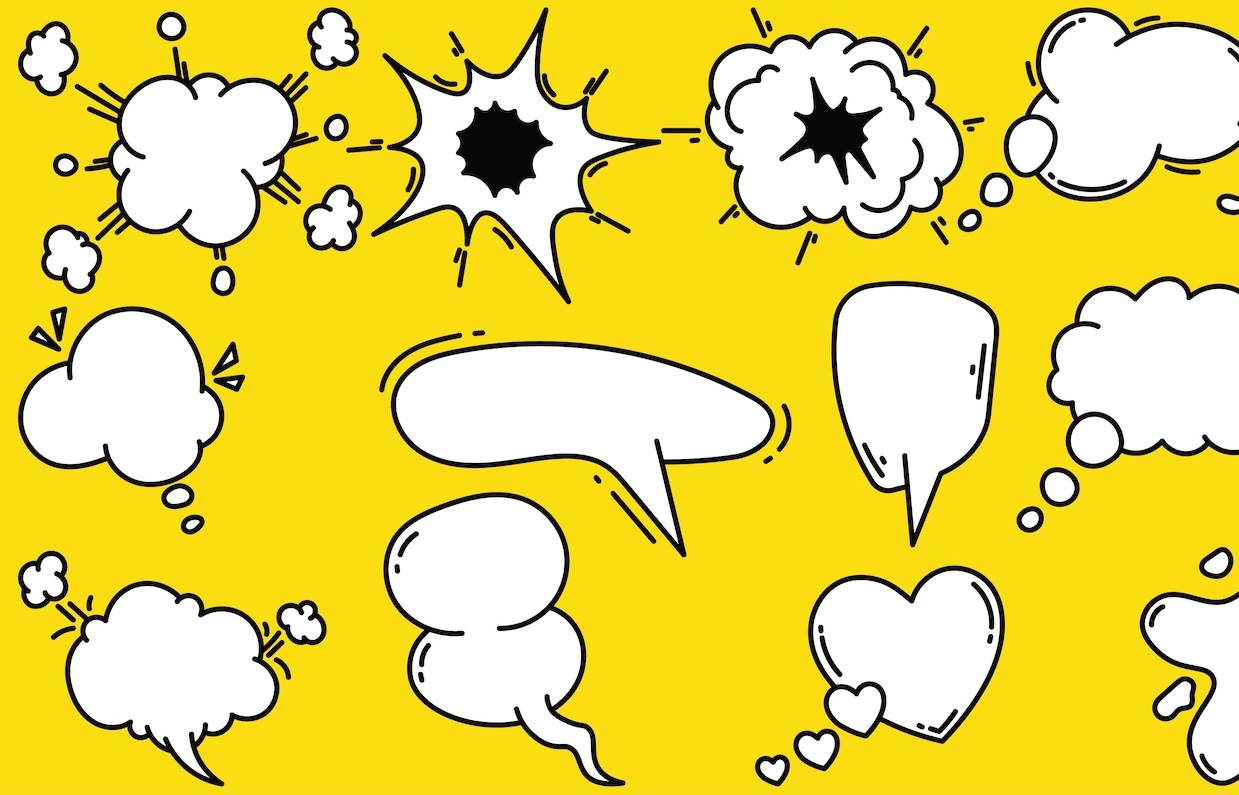A 5-Year Reflection on Trust, Ethics and the Communicator’s Role
By Jon Goldberg
September 2025
Going to ICON? Hear the latest research on civility among Gen Z and millennial audiences and share your ideas on what PR professionals can do to model civility and advance the cause during a special conference session, “Advancing Civil Discourse in a Polarized Time,” Wednesday, Oct. 29, 10:45-11:45 a.m.
Five years ago, the PRSA Civility Task Force issued a call to arms: PR professionals must take a leading role in restoring civility to civil discourse. We warned then of a corrosive trend — one that undermined the quality of public dialogue, workplace culture, and the safety and health of our families and communities.
In our 2020 white paper, Modeling Civility, we acknowledged that society was fraying. That polarization was surging. That communication was increasingly weaponized. But even then, we could not have fully anticipated the ways in which the past five years would test our collective resilience: a pandemic that deepened isolation and distrust, social justice uprisings that laid bare structural inequities, rampant disinformation and AI-generated content that blur the lines of truth and escalating incivility online and off that erodes our capacity for empathy.
Five years later, the question is not whether the concerns we raised were valid — they were — but whether our profession has risen sufficiently to the challenge. And, if not, whether the time has finally come to do so.
What hasn’t changed — and what has
In 2020, 93% of Americans said incivility was a problem; 63% called it a “major” one. Today, those numbers remain stubbornly high, with 44% of U.S. workers saying they believe U.S. residents’ ability to be civil toward one another will continue to worsen this year, while 35% believe that residents’ ability to work together effectively will get worse or much worse, according to the Society for Human Resource Management.
If anything, then the stakes have grown. Rage-fueled rhetoric is now a staple of social media algorithms. Civility is mocked as weakness. And misinformation, a fringe concern only a decade ago, has become a systemic threat — one that thrives in uncivil climates where trust is low, and tribalism is high.
At the same time, we’ve seen encouraging signs of action: organizations investing in diversity, employees demanding more inclusive and respectful workplaces and communicators stepping up to call out harmful behaviors and amplify civil voices. But progress remains fragile. Too often, civility is still miscast as “being nice” or “avoiding conflict,” rather than what it truly is: the foundation for ethical communication, inclusive engagement and sustained trust.
Why civility matters more than ever
Civility is not about silencing disagreement. It’s about making disagreement possible without dehumanization. It’s the infrastructure that allows us to navigate complexity, express dissent and find common ground — all without losing our capacity for empathy or shared purpose.
Here’s another thing civility is not about: politics. While politics is unquestionably a contributing factor, it is society that ultimately bears responsibility for weakened norms of discourse. And it is at society that any corrective responses must be aimed.
For PR professionals, civility is more than an interpersonal virtue — it’s a strategic necessity. When temperatures rise in the boardroom, newsroom or town hall, we are the ones expected to bring clarity, credibility and calm. We counsel leaders on how to communicate under pressure, respond to outrage, build bridges and foster stronger, more trusted relationships between institutions and those they serve.
When civility breaks down, those relationships fracture. Dialogue becomes performance. Listening gives way to shouting. And trust — already a scarce commodity — erodes even further.
Trust, ethics and the costs of incivility
Civility and trust are intrinsically linked. A culture of incivility erodes psychological safety, which in turn weakens transparency, ethical behavior and sound decision-making. Incivility at work impairs productivity, creativity and collaboration. It silences dissent and discourages whistleblowing. Over time, this leads to the kind of organizational blind spots and ethical failures that no amount of messaging can fix.
In our profession, we talk a lot about “ethical communication.” But ethics don’t live in codes of conduct alone. They live in our daily habits, in how we show up in meetings and message boards, in the tone of our emails and the tenor of our tweets. Ethics require space for dialogue, difference and dissent. When civility is absent, that space collapses on itself.
Are we catalysts or bystanders?
As communicators, we do not get to opt out. We are not neutral conduits of information; we are active participants in shaping narratives, cultures and conversations. That means we have an extraordinary capacity to promote the power of civility through the work we do every day.
Civility isn’t a campaign. It’s a commitment. One that starts with each of us — and ripples outward through our workplaces and institutions, our client work, our social platforms and even our own families. It shouldn’t be a heavy lift for us; without us, it could well be an impossible challenge for society.
- Model civility, even when it’s hard. Don’t just advise others to be calm and constructive under pressure. Be the one who is. Especially when tempers flare.
- Push for civility internally. Insist on inclusive dialogue. Build psychological safety into the culture. Reward ethical communications, not just expedient messaging.
- Don’t platform the problem. Amplify voices that lead with substance and empathy, not snark and outrage. Be part of the algorithmic correction, not the distortion.
- Call in; don’t just call out. Challenge harmful behaviors without adding fuel to the fire. Be constructive with criticism so it brings colleagues together instead of tearing them apart.
- Treat trust as a design goal. From messaging to media strategy, design for credibility—not just clicks.
Civility is a power skill
Civility is often dismissed as a soft skill, a nice-to-have in a hard-nosed world. But in truth, it’s a power skill — and one that we as PR professionals are uniquely positioned to wield. As we said five years ago: “The magnitude of the incivility problem and the negative toll it takes on every aspect of our daily lives literally beg for the intervention of professional communicators.”
That hasn’t changed. What has changed is the urgency. And the costs of inaction.
So, let’s not wait another five years. Let’s not continue to pretend that the corrosion of discourse is someone else’s problem. Let’s recommit — individually and collectively, personally and professionally — to modeling and shaping the kind of civil discourse we want to see in the world. Not because it’s easy, but because it’s what we know. And because it’s the only way forward.



